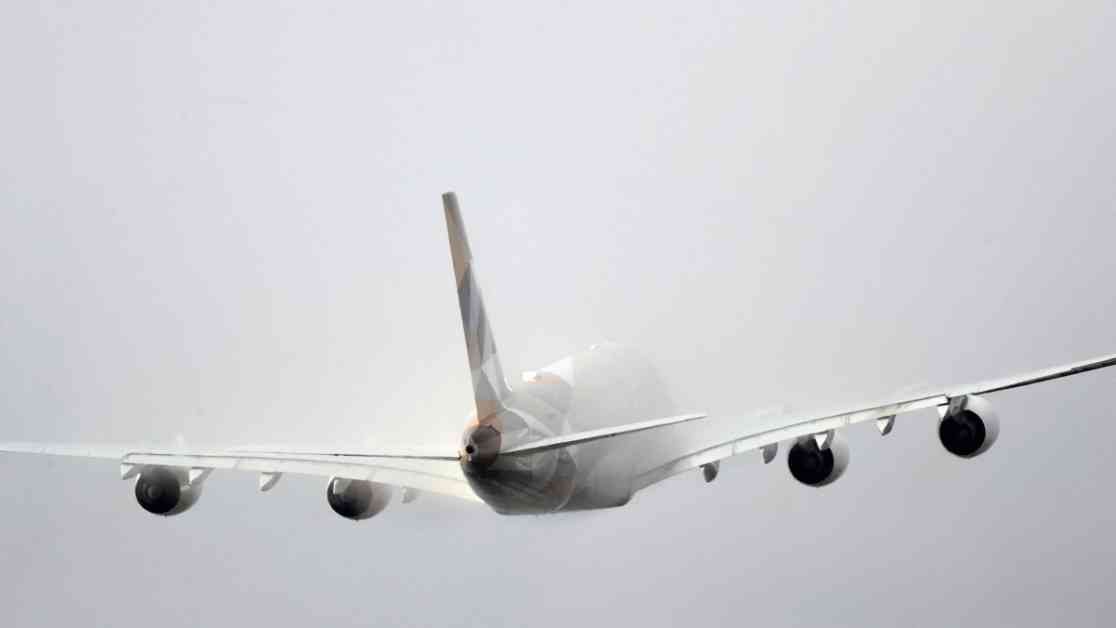Ever since Orville Wright completed the first powered flight near Kitty Hawk on December 17, 1903, speed has been one of the main drivers of aircraft development. In his world-changing feat, Wright achieved 6.8 miles per hour. By 1917 the Sopwith Camel could make 118mph. Only 30 years later Chuck Yeager broke the sound barrier, reaching 700mph. Today, Nasa’s unmanned X-43 can reach 7,366mph — London to Jakarta in just under 60 minutes. Now, however, researchers at Cambridge University are saying that humanity’s drive for getting from A to B in progressively shorter times must be slammed into reverse.
Civil aviation is a major emitter of greenhouse gases and one of the trickiest industries to tackle. Technologies such as electric and hydrogen-powered engines and sustainable fuels are still immature and will take time to refine. But a report from the Whittle Laboratory, named after the inventor of the jet engine, suggests a simple way to cut emissions and save on “fuel burn”: slow down.
The authors argue that if aircraft flew 15 per cent slower than they do now, fuel burn would reduce by 5 to 7 per cent. That would mean adding about 50 minutes to a flight from London to New York, currently around seven hours. The researchers admit there may be a problem with “passenger acceptance”, especially on longer flights. Yet who would begrudge an hour of one’s time in such a cause? In any case, it has happened before: Concorde, which took two hours and 50 minutes to fly from Heathrow to JFK, is now but a memory. Modern airliners are laggards.
Flying is, according to taste, something to be enjoyed or endured. For the former, slowing down would be an opportunity for a cheeky extra gin; for the latter, condemned to the middle seat in economy, it would be an expression of willingness to suffer for the planet. Purgatory with a pretzel.
In addition to the environmental benefits of slowing down air travel, there are also potential economic advantages. With slower flight speeds, airlines could potentially save on fuel costs, which could lead to lower ticket prices for consumers. This could make air travel more accessible to a wider range of people and potentially increase overall demand for flights.
Furthermore, slowing down air travel could also have positive implications for air traffic control and airport congestion. With reduced speeds, there may be less pressure on air traffic controllers to manage a high volume of fast-moving aircraft. This could potentially lead to safer and more efficient air travel overall.
While the idea of slowing down air travel may seem counterintuitive in a world where speed is often equated with progress, the long-term benefits for the environment, economy, and overall travel experience are worth considering. By making small sacrifices in flight time, passengers could contribute to a more sustainable future for air travel.

